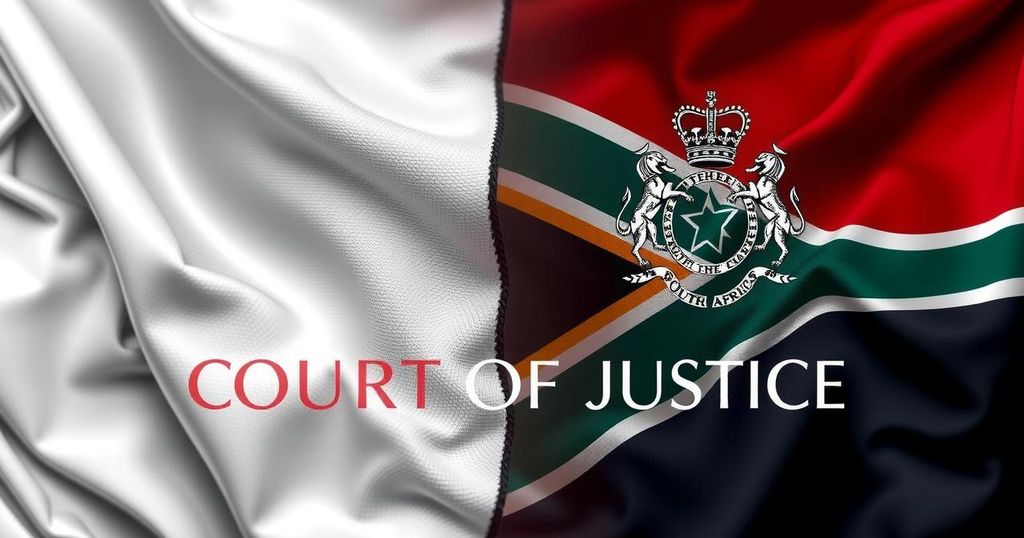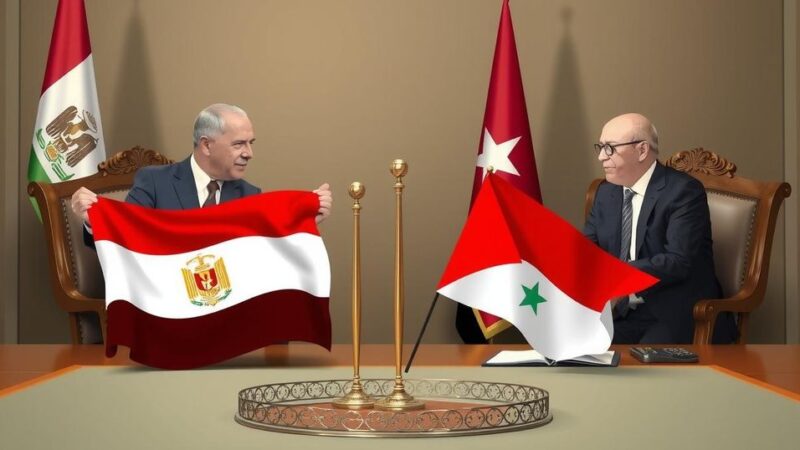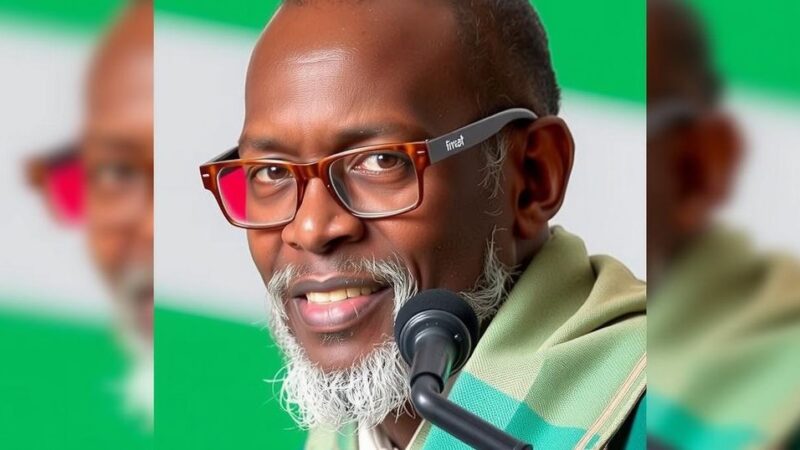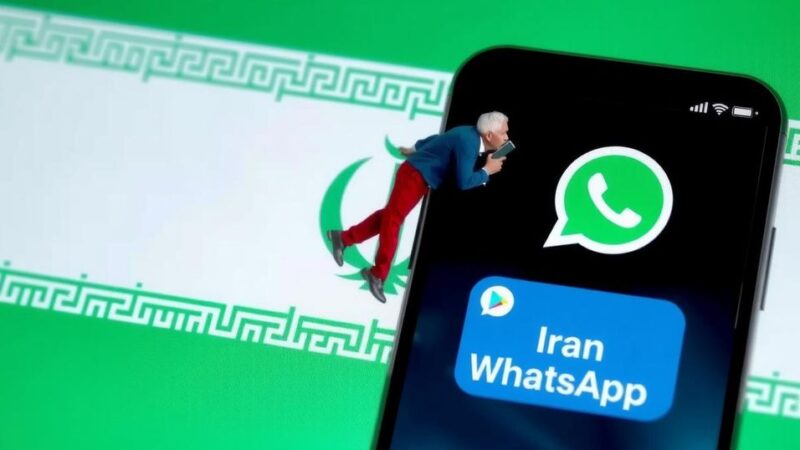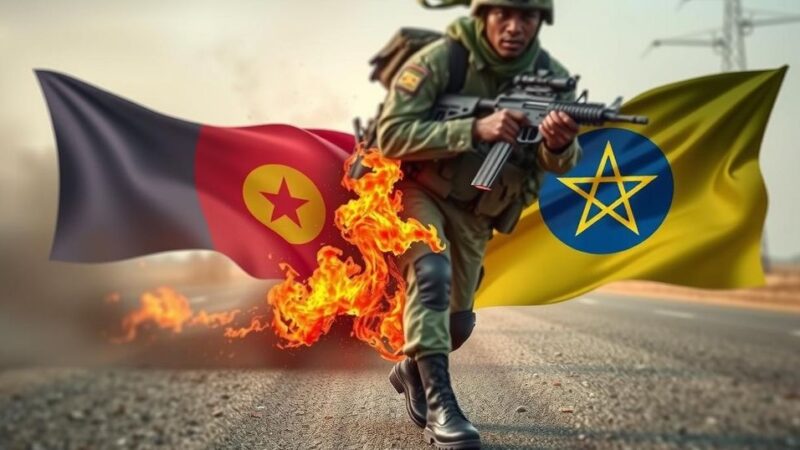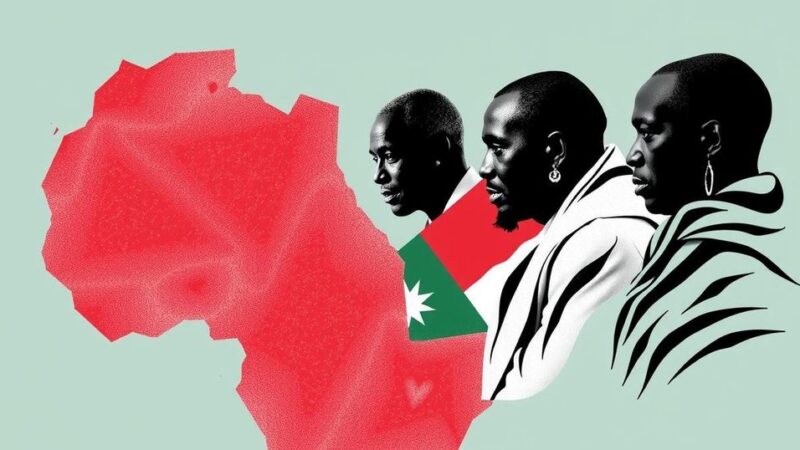Indonesia has shown its support for South Africa’s lawsuit against Israel at the ICJ regarding alleged genocide in Gaza. Although Indonesia cannot join the suit due to its non-signatory status on the 1948 Genocide Convention, it will provide moral and political backing. The ICJ hearings are set against a backdrop of significant casualties in Gaza. Other nations and organizations have expressed support for South Africa’s case, highlighting global concerns about human rights violations in the conflict.
Indonesia has formally expressed its support for South Africa’s legal actions against Israel at the International Court of Justice (ICJ), which are set to commence with hearings regarding allegations of war crimes. Foreign Minister Retno Marsudi will present an oral statement on February 19 as part of the proceedings initiated by South Africa, which accuses Israel of committing genocide in Gaza. According to Lalu Muhammad Iqbal, a spokesperson for the Indonesian Foreign Ministry, Indonesia’s backing of South Africa is based on moral and political grounds. However, he clarified that Indonesia cannot partake in the lawsuit due to its non-signatory status regarding the 1948 Genocide Convention. The case follows a request from the UN General Assembly for an advisory opinion on the implications of Israel’s occupation of Palestinian territories. Notably, South Africa’s lawsuit claims that Israel’s actions in Gaza have violated international laws against genocide, a case prompted by severe humanitarian consequences since the military conflict began with a Hamas attack on October 7. The situation has left Gaza besieged, with substantial loss of life and infrastructure. Other nations, including Türkiye, Bolivia, and Malaysia, have indicated their support for South Africa’s case, while the Organization of Islamic Cooperation has urged prompt action from the ICJ to address the situation.
The conflict involving Israel and Gaza has resulted in significant international attention, particularly concerning allegations of human rights violations and possible war crimes. The ICJ serves as a principal judicial body of the United Nations, which addresses legal disputes between states and provides advisory opinions on international legal issues. The backdrop of the current proceedings includes the long-standing Israeli-Palestinian conflict, with heightened tensions culminating in violent outbreaks. The recent military actions by Israel in response to a cross-border attack by Hamas have led to devastating casualties and damage in Gaza, triggering calls for accountability under international law. The UN General Assembly’s involvement underscores the global concerns regarding the situation, emphasizing the need for legal clarity on the actions taken by states in armed conflicts.
In conclusion, Indonesia’s moral and political support for South Africa in the ICJ highlights the complexities surrounding international legal accountability for alleged human rights abuses in conflict situations. As Indonesia refrains from joining the lawsuit due to its non-participation in the 1948 Genocide Convention, it underscores the challenges faced in achieving justice in such matters. The collective actions and statements from various nations and organizations underscore a significant geopolitical discourse centered on the legality and morality of military operations in the context of the Israeli-Palestinian conflict. The proceedings at the ICJ are poised to examine these grave allegations and could potentially shape future international responses to similar conflicts.
Original Source: www.aa.com.tr

